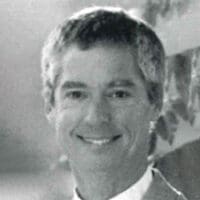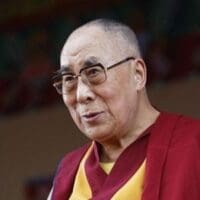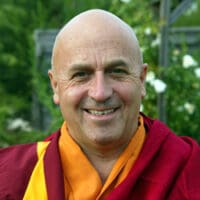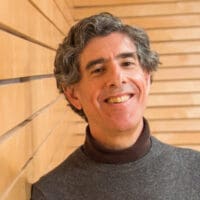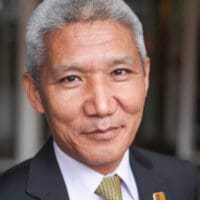Overview
Western psychology tends to be concerned with the valance (“positive,“ “negative”) of an emotion, while Buddhism tends to emphasize the wholesomeness or not of a particular emotional experience. Buddhism insist that emotions can be regulated with cognitive strategies, while Western psychology has tended to assume that emotions are exactly that part of human mental life most apt to degrade normal systems of cognitive reasoning and control. Buddhist approaches to emotion, place, great emphasis on the power of compassion and provide specific methods for its cultivation; in contrast, compassion has been relatively ignored in the Western lexicon of emotion.
Finally, Buddhist emphasize the importance of first person accounts based upon the premise that accurate first person reports require systematic training. Self reports of emotional experience are frequently obtained in Western research, but there is a little emphasis on how specific training might improve introspective access. The time is clearly ripe for systematic examination of the points of divergence and overlap between Buddhist and Western understandings of emotion. Why do our two traditions disagree about the extent to which emotion can be voluntarily controlled? Can evolutionary and Buddhist views of emotion be reconciled, and, if so, on what grounds? How far might new brain research on interfaces between cognitive and affective functioning cast new light on traditional Buddhist understandings of the role of emotion in cognitive function?
- Dialogue 114 sessions
- September 14, 2003Dharamsala, Himachal Pradesh, India

